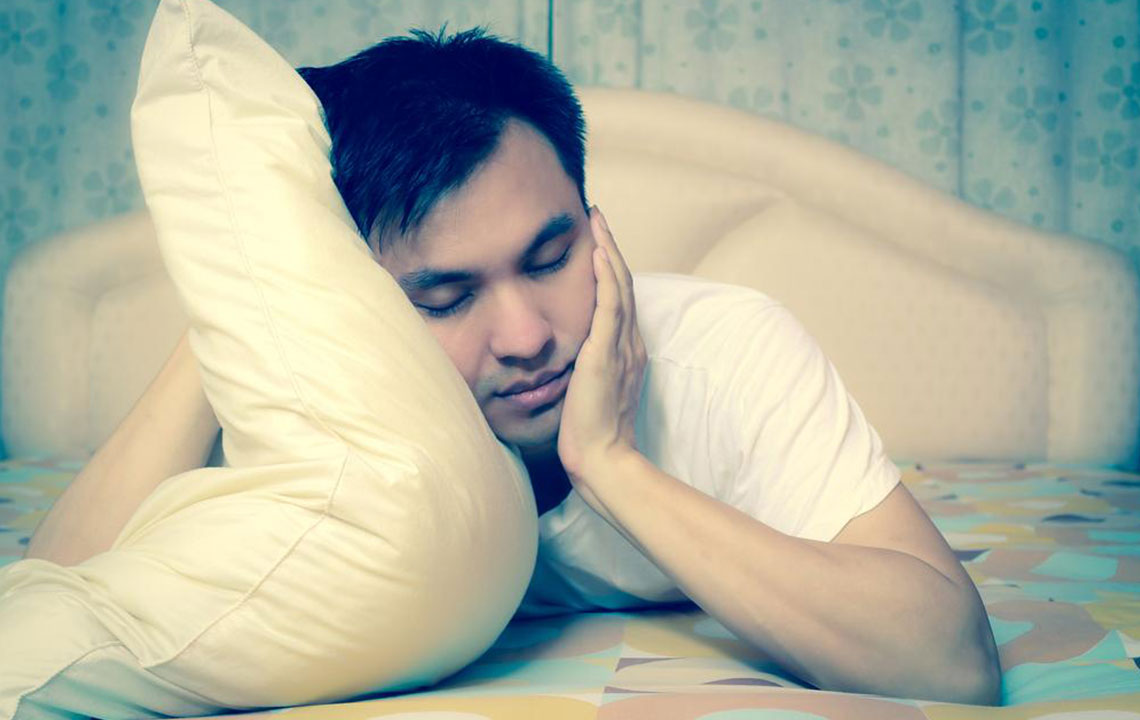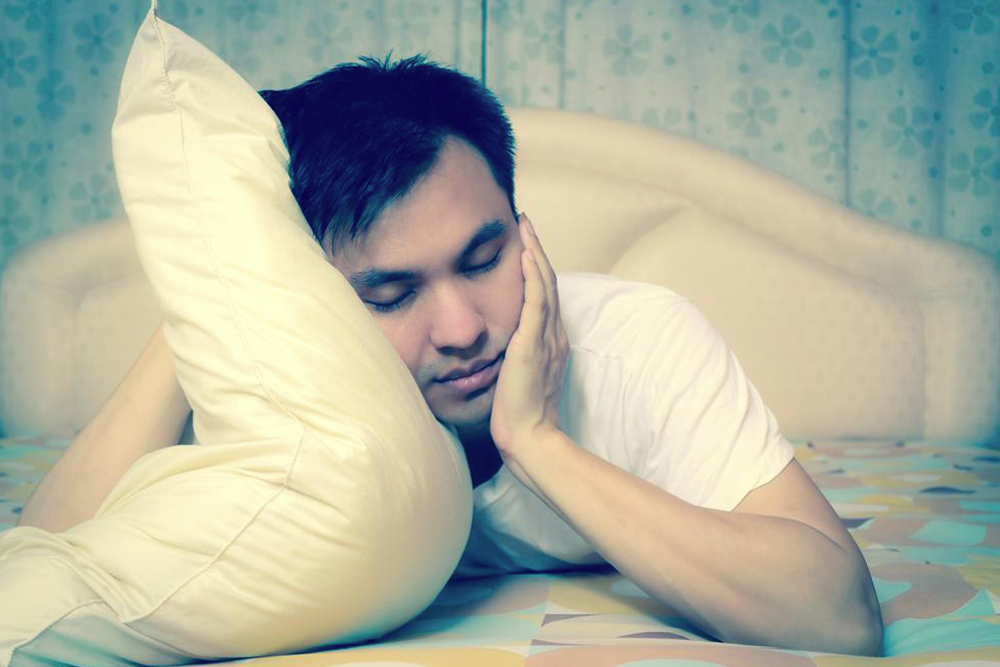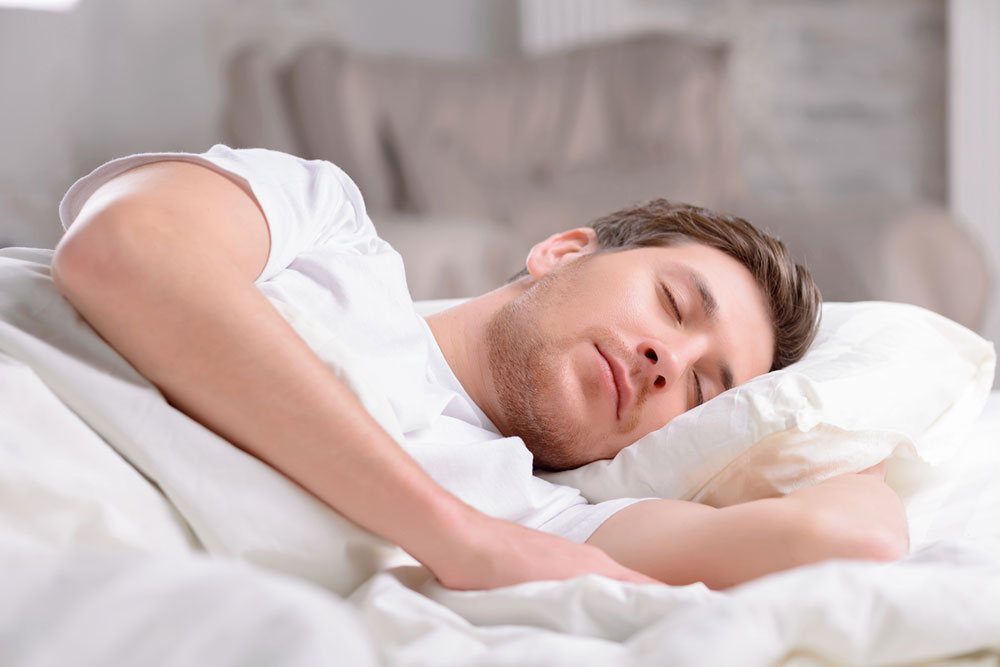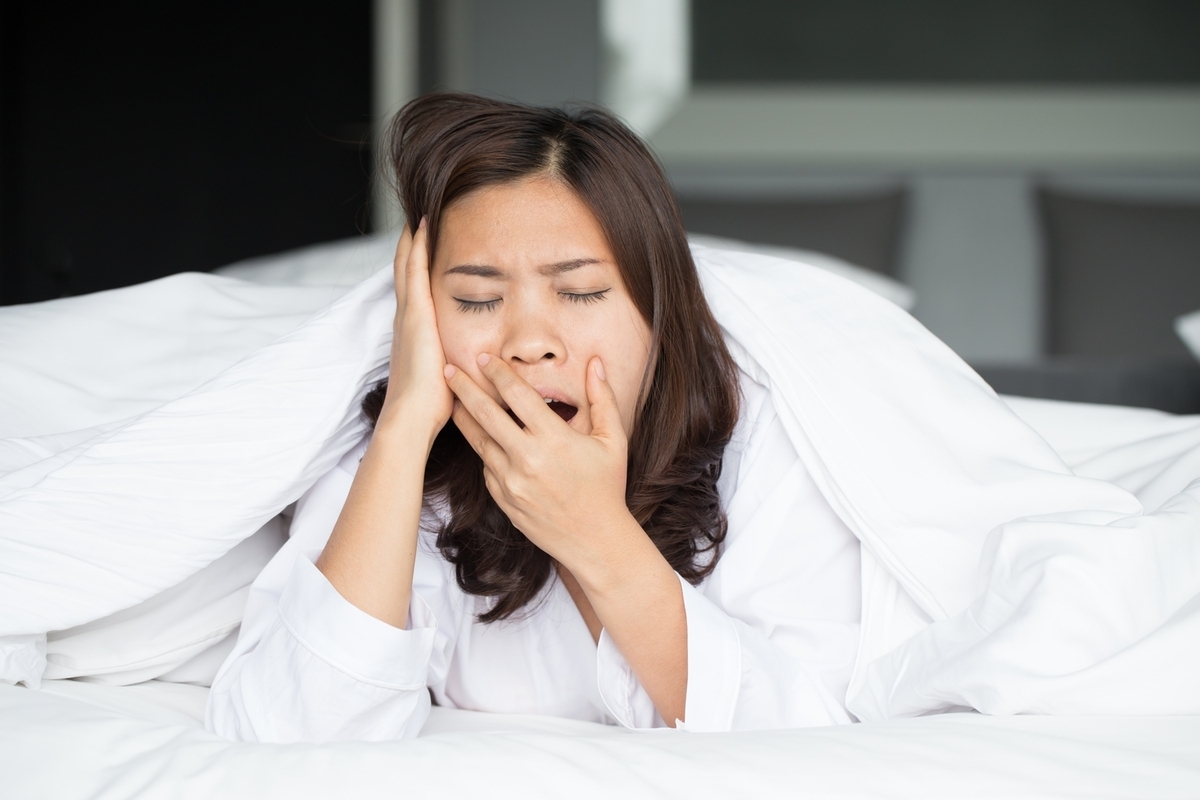Comprehensive Strategies to Combat Sleep Disruptions and Snoring Problems
This comprehensive article explores effective solutions for sleep and snoring issues, emphasizing lifestyle modifications, specialized pillows, and medical devices. It highlights the importance of proper diagnosis and treatment for persistent snoring, including sleep apnea management. The piece offers practical advice and insights into current and emerging treatments to enhance sleep quality and overall health, making it a valuable resource for those seeking solutions to sleep disturbances and snoring problems.

Comprehensive Strategies to Combat Sleep Disruptions and Snoring Problems
Sleep quality is an essential aspect of overall health and well-being, yet millions of adults worldwide suffer from sleep disturbances, with snoring being one of the most common issues. Studies estimate that approximately 45% of adults experience snoring at some point, whether occasionally or regularly. While some individuals may snore sporadically, for others, heavy and persistent snoring can significantly impact sleep quality and overall health. Understanding the causes of snoring and exploring effective solutions is crucial for improving restful sleep and maintaining health.
Snoring occurs when airflow through the mouth and nose is partially obstructed during sleep, resulting in vibrations of the airway tissues that produce the characteristic sound. In mild cases, lifestyle modifications and simple devices can mitigate the problem. However, extensive snoring, especially when associated with other symptoms, may signify underlying health conditions such as sleep apnea, which requires professional diagnosis and treatment.
One of the most common and accessible strategies for reducing snoring is adjusting sleep positions. Many individuals find that sleeping on their sides significantly decreases airway obstruction compared to sleeping on their backs. Back sleeping causes the tongue and soft tissues to collapse into the airway, narrowing the passage and increasing the likelihood of snoring. Therefore, side sleeping is recommended for those seeking immediate relief. To facilitate this, numerous specialized pillows and props have been developed aimed at promoting side sleeping and maintaining optimal head and neck alignment throughout the night.
Anti-Snoring Pillows and Supports
Anti-snoring pillows are among the most popular non-invasive solutions. These pillows are designed with ergonomic features to keep the head, neck, and spine in proper alignment, thereby reducing airway obstructions. Many of these products are FDA-approved and backed by clinical research, showing promising results in lessening snoring severity and frequency. For instance, the Sona Pillow, which has been extensively studied and approved by regulatory agencies, effectively helps maintain side sleeping and keeps airways open. Such devices are particularly effective for mild to moderate snoring, especially when used consistently over time.
Besides specialized pillows, simple lifestyle adjustments can contribute significantly to snoring reduction. Losing excess weight, avoiding alcohol before bedtime, and establishing regular sleep routines are effective steps. Quitting smoking and managing nasal congestion through appropriate remedies can also further open airways, lowering the likelihood of snoring.
Additional Snoring Aids and Devices
Beyond pillows and lifestyle modifications, various medical aids and devices have been developed to address different types of snoring and underlying conditions. Oral devices such as mandibular advancement devices (MADs) are custom-fitted mouthpieces that reposition the jaw and tongue forward, effectively expanding the airway space and reducing vibrations. These devices are often recommended by sleep specialists for patients with moderate to severe snoring or sleep apnea.
Other options include nasal sprays and decongestants, which can improve airflow in individuals with nasal congestion or allergies. Some over-the-counter sprays and gels claim to lubricate and open nasal passages, but their efficacy varies, and some lack FDA approval. It's essential to consult healthcare professionals before using such remedies.
While emerging technologies and devices hold promise, many lack comprehensive scientific validation. Several new products, such as advanced mouthguards, nasal dilators, and electronic devices, are still undergoing clinical testing. Consumers should prioritize FDA-approved solutions and seek professional advice when selecting their sleep aids.
In cases where snoring persists despite conservative measures, medical diagnosis becomes essential. Sleep studies can identify conditions like obstructive sleep apnea, which, if left untreated, can lead to serious health complications such as cardiovascular disease, hypertension, and daytime drowsiness. Common treatments for sleep apnea include continuous positive airway pressure (CPAP) therapy, surgical interventions, or alternative devices tailored to the patient’s needs.
In conclusion, snoring is a widespread issue that can often be managed effectively through a combination of lifestyle changes, specialized supports, and medical treatments. Recognizing the signs and seeking early intervention can not only improve sleep quality but also safeguard long-term health. Whether through simple positional changes or medical assistance, those affected by snoring have multiple options to explore for a restful and healthy night's sleep.





